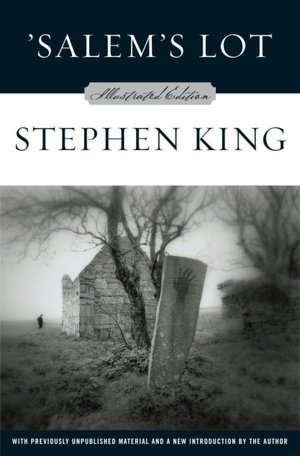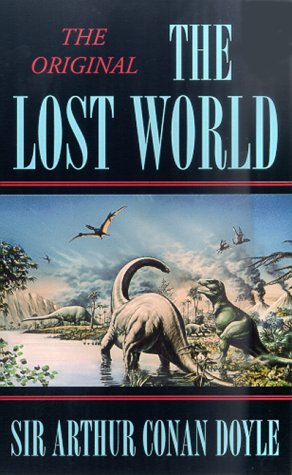Brief History of the Vampire Novel
/ I had a gap in the schedule, and it seemed like a good time to start getting ready for October. Somewhere, I decided that I wanted to take a look at a broad swath of a genre, and because I was working on the pieces for October (Dracula), it seemed as good a time as any to see where Dracula fits into the larger picture. Turning to social media, I asked people what they thought were some of the more important vampire novels, coming up with an impressive list that had to be really pared down. There's not a lot of surprises on it, but I did find a couple of interesting points: many people believe that Dracula was *the* original Vampire novel, when in fact it's predated by a number of others that in turn influenced Dracula. Stoker's novel proves to be a tipping point, and there's quite a bit of variety after the publication of that book.
I had a gap in the schedule, and it seemed like a good time to start getting ready for October. Somewhere, I decided that I wanted to take a look at a broad swath of a genre, and because I was working on the pieces for October (Dracula), it seemed as good a time as any to see where Dracula fits into the larger picture. Turning to social media, I asked people what they thought were some of the more important vampire novels, coming up with an impressive list that had to be really pared down. There's not a lot of surprises on it, but I did find a couple of interesting points: many people believe that Dracula was *the* original Vampire novel, when in fact it's predated by a number of others that in turn influenced Dracula. Stoker's novel proves to be a tipping point, and there's quite a bit of variety after the publication of that book.
Head over to Kirkus Reviews to read A Brief History of the Vampire Novel.
This is something that's bothered me over the past couple of years: frequently, people complain about how the Twilight novels have shifted away from the traditional vampire story. The results, in a bit way, show that this isn't the case: there's not really any 'traditional' vampire novel, because each has taken on liberties of their own, driving right down to the folklore level. Camilla, Varney, Dracula, Lestat, Edward, and others all have their quirks and differences. I've yet to sit down and steel myself to read Twilight, but at some point, I'll get to it.
For this piece, I was quite a bit looser than usual with my research: The Internet Speculative Fiction Database and Wikipedia provided chunks of information on each book, but at points, I went to author's pages and book profile pages for the main details. Of the books that I consulted, The Annotated Dracula is a particularly good resource that I'll talk about when the Dracula piece is up. Another excellent source that I've since found is In Search of Dracula, by Raymond T. McNally & Radu Florescu, which has a good section on post-Dracula vampire works.

 My latest post for Kirkus Reviews is now up online. Originally, I'd planned on finishing out the Science Romances with
My latest post for Kirkus Reviews is now up online. Originally, I'd planned on finishing out the Science Romances with 
 My latest column for Kirkus Reviews is now online! In it, I talk about Jules Verne and his fantastic novel From the Earth to the Moon. I
My latest column for Kirkus Reviews is now online! In it, I talk about Jules Verne and his fantastic novel From the Earth to the Moon. I  Over on the Kirkus Reviews blog, I've turned my attention to one of my absolute favorite science fiction novels, The War of the Worlds, by H.G. Wells. One of the absolute greatest works of science fiction, it's a story that I've continually learned more about ever since I first read it so many years ago. You can read
Over on the Kirkus Reviews blog, I've turned my attention to one of my absolute favorite science fiction novels, The War of the Worlds, by H.G. Wells. One of the absolute greatest works of science fiction, it's a story that I've continually learned more about ever since I first read it so many years ago. You can read 